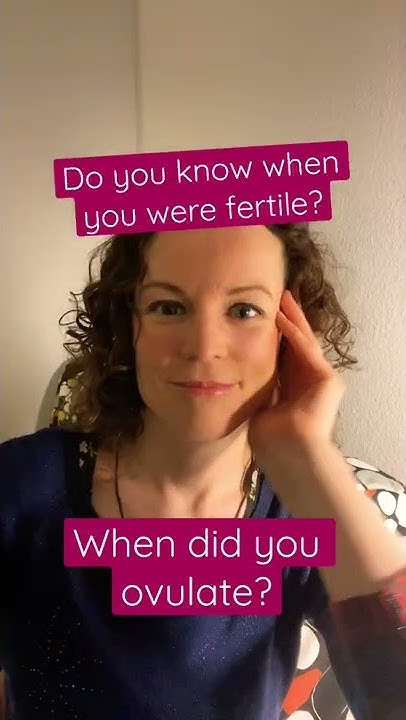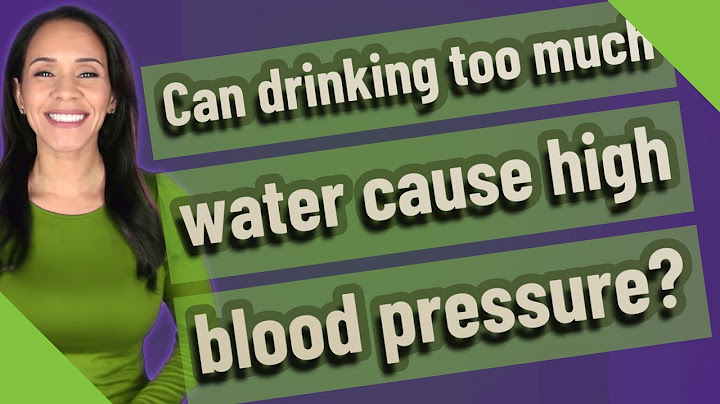Stomach (abdominal) pains or cramps are common in pregnancy. They're usually nothing to worry about, but they can sometimes be a sign of something more serious that needs to be checked. It's probably nothing to worry about if the pain is mild and goes away when you change position, have a rest, do a poo or pass wind. But if you have stomach pains and are worried, call your midwife or maternity hospital. Harmless stomach pains, which can be dull or sharp, may be caused by: Urgent advice: Call your midwife immediately if you have stomach pain and:
Any of these could be the symptoms of something that needs to be checked or treated urgently. Possible causes of serious stomach painSome conditions that can cause stomach pain need to be checked urgently. Ectopic pregnancyThis is when a fertilised egg implants outside the womb, for example in a fallopian tube. The pregnancy cannot survive and needs to be removed with medicine or surgery. Symptoms typically appear between 4 and 12 weeks of pregnancy and can include:
Find out more about ectopic pregnancy MiscarriageCramping pains and bleeding before 24 weeks of pregnancy can sometimes be a sign of miscarriage or threatened miscarriage (when you bleed but the pregnancy normally continues). Pre-eclampsiaPain just under the ribs is common in later pregnancy due to the growing baby and uterus pushing up under the ribs. But if this pain is bad or persistent, particularly on the right side, it can be a sign of pre-eclampsia (high blood pressure in pregnancy) which affects some pregnant women. It usually starts after 20 weeks or just after the baby is born. Other symptoms of pre-eclampsia include:
You'll need to be monitored in hospital. Find out more about pre-eclampsia Premature labourIf you're less than 37 weeks pregnant and are having regular abdominal cramps or tightenings, call your midwife. This could be a sign of premature labour, and you'll need to be monitored in hospital. Placental abruptionThis is when the placenta starts to come away from the wall of the womb, usually causing bleeding and constant severe pain that does not come and go like a contraction pain. It's sometimes an emergency because it means the placenta may not be able to support your baby properly. You should go to the hospital so you and your baby can be checked. Find out more about placental abruption UTI (urinary tract infection)UTIs are common in pregnancy and can usually be easily treated. They can cause tummy pain and sometimes, but not always, pain when you pee. Find out more about UTIs Week 27 – your 2nd trimesterPregnancy is divided into 3 chunks, called trimesters. Next week, you will start the 3rd and final trimester. What's happening in my body?You're probably putting on a few pounds now and you may be feeling bloated and constipated. This is partly because your stomach is being squeezed by your growing baby, and partly due to the pregnancy hormone, progesterone. It might help to drink lots of water, choose high fibre options (such as brown bread, rather than white) and eat lots of fresh fruit and veg. Read more tips to deal with bloating on week 10's page. The best sleeping positions during pregnancyShould you sleep on your back or side? The NHS guidance says that sleeping on either side is better than sleeping on your back. That's because after week 28, research suggests that sleeping on your back can double the risk of stillbirth. It's also more likely to give you backache, constipation and piles. Here are some tips for a safe and sound night's sleep:
2nd trimester pregnancy symptoms (at 27 weeks)You may be feeling tired now, so nap when you can. You might be snoring more. Snoring is very common in pregnancy as your nasal passages are more likely to become swollen and blocked. Your signs of pregnancy could also include:
You may also experience symptoms from earlier weeks, such as:
Read Tommy's guide to common pregnancy symptoms. Is pressure normal at 27 weeks pregnant?Pressure in the lower abdomen in a common symptom during pregnancy, particularly if this is not your first pregnancy. The enlarging uterus continues to put pressure on the cervix and vagina, especially in the 3rd trimester (between 28 and 40 weeks).
Is Lower Abdominal pain normal at 27 weeks pregnant?Stomach (abdominal) pains or cramps are common in pregnancy. They're usually nothing to worry about, but they can sometimes be a sign of something more serious that needs to be checked. It's probably nothing to worry about if the pain is mild and goes away when you change position, have a rest, do a poo or pass wind.
Why do I feel so much pressure in my lower abdomen during pregnancy?Lower abdominal pain is normal during pregnancy and is most common between 18 and 24 weeks. Your growing uterus is pulling and straining the muscles that support it. You may feel sharp pains or just a mild pulling sensation. It often occurs when you cough, sneeze, stand up, sit down, roll over, or during sex.
Why does my stomach feel so heavy at 27 weeks pregnant?You're probably putting on a few pounds now and you may be feeling bloated and constipated. This is partly because your stomach is being squeezed by your growing baby, and partly due to the pregnancy hormone, progesterone.
|

Related Posts
Advertising
LATEST NEWS
Advertising
Populer
Advertising
About

Copyright © 2024 nguoilontuoi Inc.


















